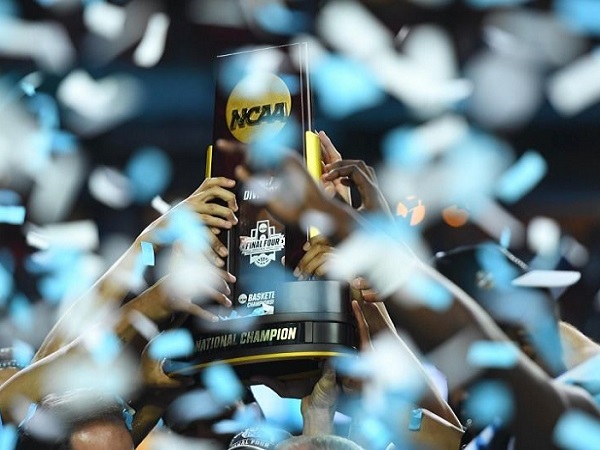While purchasing a professional sports franchise has traditionally been one of the more difficult business acquisitions, seeing the likes of many millionaires and billionaires being denied the opportunity, it may soon become a lot easier. Beyond following the leader as the National Basketball Association (NBA) and the National Hockey League (NHL) have made similar rule-easing moves, the fact is buying teams may have become too onerous for one person or one family, which is a break from sports history. The entertainment studios went through similar changes in the past and for similar reasons.
The two changes being considered by the NFL include (1) allowing buyers to borrow more funding to purchase the now multi-billion dollar franchises (raising the debt load from 12% to 33%, or $350 million to $1 billion), and (2) loosening the rules on owners running multiple sports franchises in different leagues. The first question is why would the National Football League (NFL) make such a move.
There are three reasons:
1. Sports Franchises Once Cost Less
The NFL, like the NBA and NHL, want, and need to increase the pool of available buyers for franchises. With live sports television rights at an all-time high and growing, national and international fan excitement, merchandising, new stadiums, franchise expansion, the globalization and popularity of professional sports has driven the cost of owning a sports franchise through the proverbial roof. It is likely that the prospect of one family or one person owning a team, at least in the major cities where franchise value seems to be highest, will become less common. It is more likely to see ownership groups and corporate structure. The Los Angeles Dodgers and San Diego Padres are examples of ownership groups, with the Dodgers recently selling a small minority stake to another set of owners. The significant cost of purchasing a professional sports franchise along with calls for corporate responsibility has led the leagues to rethink their investment strategy.
2. Increasing Price leads to Increasing Oversight
Right or wrong, the increased price of professional sports franchises raises the question of sustainability. The sports leagues cannot risk a rouge franchise and likely believe a larger ownership group, or corporate board, will regulate and prevent inconsistency as opposed to single owner or family.
3. Liquidity and Diversification
With streaming, sports betting, new stadiums, and international development on the rise, sports franchises need capital to grow and keep up with the times. By adding in investors (owners), sports franchises can hedge their bets by having more liquidity to handle research, investments, and development. These new owners also diversify their own portfolios and that of the team’s financial backing.
Overseas, many leagues and teams already do this—having corporate ownership groups own teams and even some teams being named after the corporate brand itself. However, the essential point here is that the most successful sports franchises realize that ownership and management are two different entities. Great managers, coaches, and players win titles. Great owners provide the financial stability, leadership, and foundation to allow the team the succeed. Both are needed. If the aforementioned is forgotten, the franchises will suffer and the fans will grow weary. Better said, every team needs leaders, an owner and a manager that is accountable for the team’s failures, and successes.























